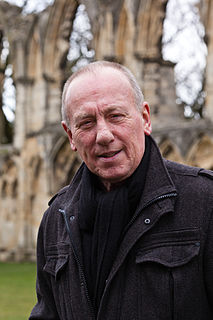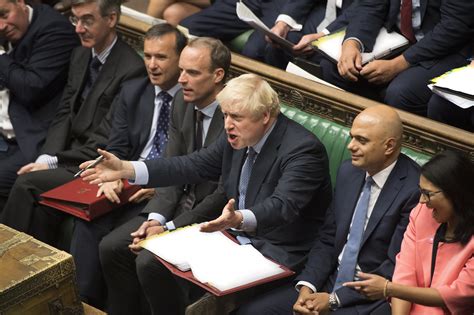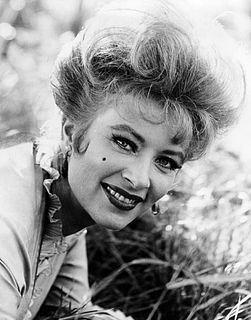A Quote by Joe Biden
When Nixon declared the war on cancer, he had no army. He had no tools. He had no anything, except good intentions.
Related Quotes
More than 40 years after the war on cancer was declared by President Richard Nixon in 1971, we are not much closer to preventing the disease. The National Cancer Institute has spent some $90 billion on research and treatment during that time. When have Americans ever waged such a long, drawn-out and costly war, with no end in sight?
At least when the Emperor Justinian, a sky-god man, decided to outlaw sodomy, he had to come up with a good practical reason, which he did. It is well known, Justinian declared, that buggery is a principal cause of earthquakes, and so must be prohibited. But our sky-godders, always eager to hate, still quote Leviticus, as if that looney text had anything useful to say about anything except, perhaps, the inadvisability of eating shellfish in the Jerusalem area.
At the time I discovered that I had prostate cancer, it was not long after my first wife had died, so my children had lost their mum. I felt that to tell them that I had prostate cancer, while I knew that I had it and there was a threat of some sort, I felt that it would be wise not to make things worse for them.

































